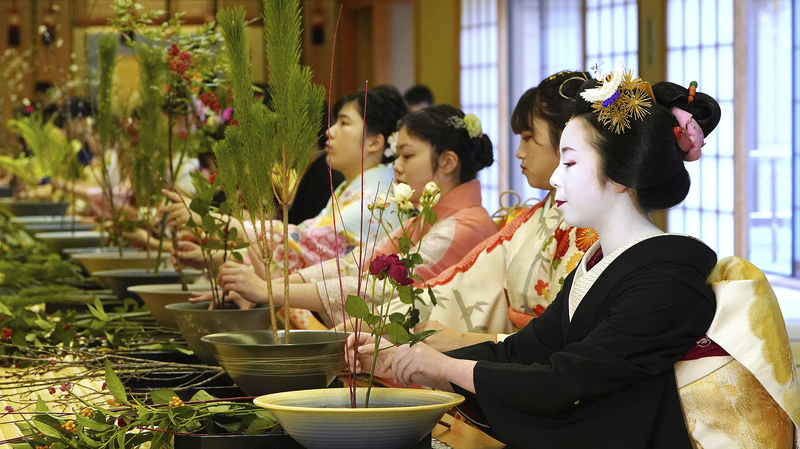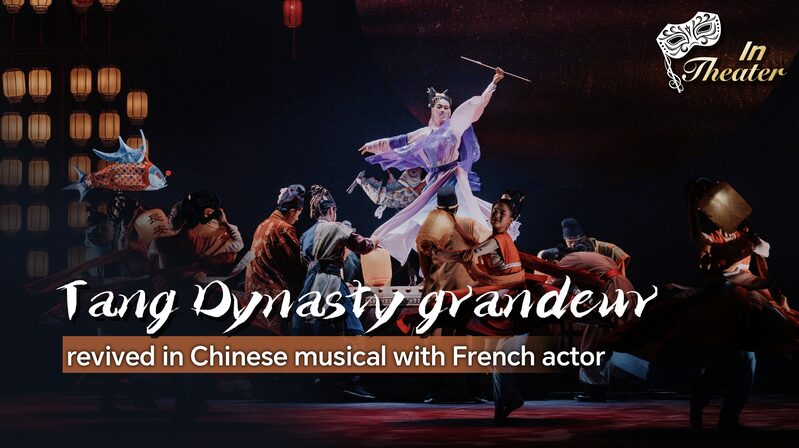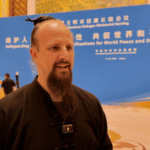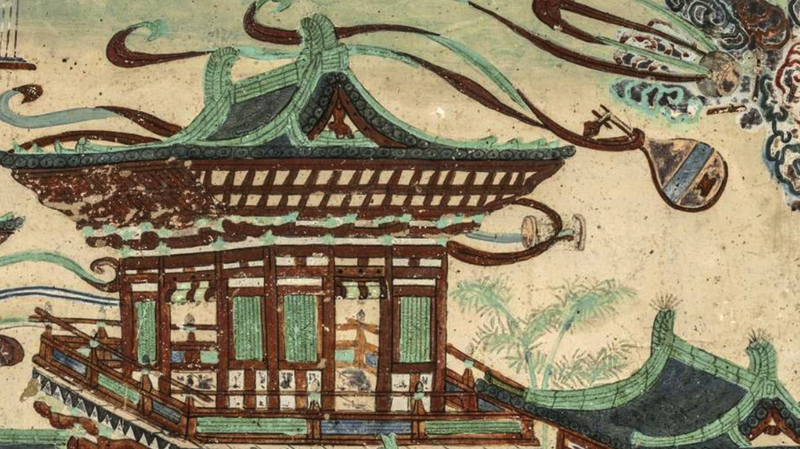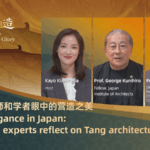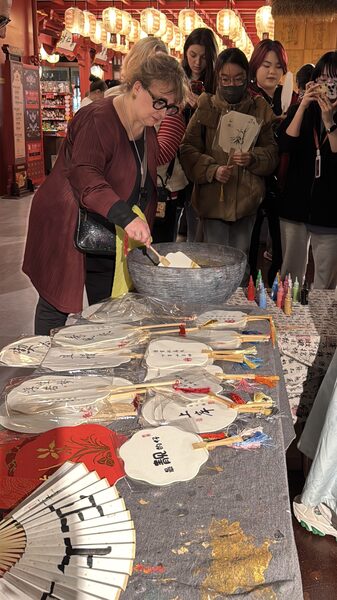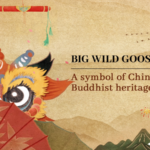From the meditative tea ceremonies to the graceful strokes of calligraphy, Japan’s iconic traditional arts bear the unmistakable imprint of Chinese cultural exchange — a testament to centuries of shared history. 🌏 Let’s explore how ancient connections continue to shape beauty and discipline in Japan today.
The Tea Ceremony’s Zen Roots
Japan’s chanoyu (tea ceremony) traces its philosophy to Tang Dynasty China, where Buddhist monks first introduced tea as a spiritual practice. The ritual evolved into a uniquely Japanese art, blending mindfulness with aesthetics — a legacy still sipped one matcha bowl at a time. 🍵
Ikebana and the Art of Balance
Floral arrangement arrived via Chinese Buddhist offerings, but Japan’s ikebana transformed it into minimalist poetry. Think fewer blooms, more meaning — like a TikTok tutorial meets Zen philosophy. 🌸
Calligraphy: Shared Script, New Styles
While China’s hanzi characters became Japan’s kanji, calligraphy took divergent paths: China’s bold brushwork vs. Japan’s flowing hiragana. Yet both honor the dance of ink and paper. 🖌️
Kendo’s Martial Foundations
Samurai culture’s famed swordsmanship drew inspiration from Chinese military classics like Sun Tzu’s The Art of War. Today’s bamboo-sword duels? A workout for body and brain. ⚔️
As globalization accelerates, these arts remind us that cultural exchange isn’t just history — it’s alive, evolving, and endlessly inspiring. ✨
Reference(s):
Chinese culture leaves lasting mark on Japan's traditional arts
cgtn.com
